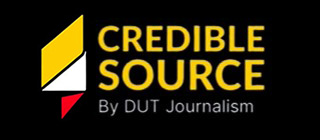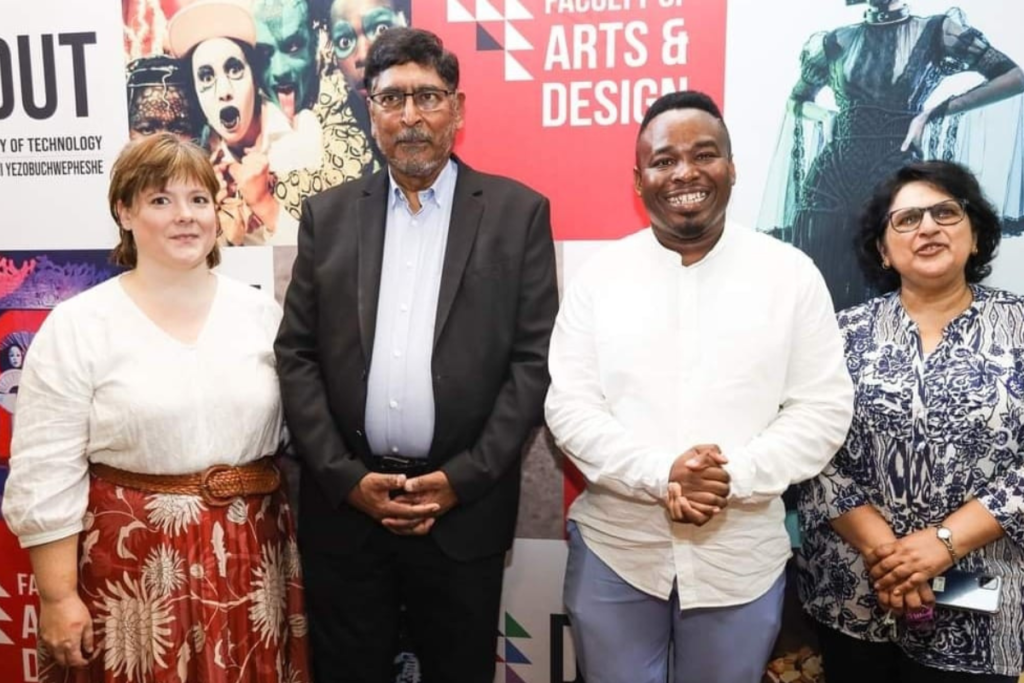By Sanele Khumalo and Lucia Gxigxa
Speaking at the 18th Annual Mahatma Gandhi Media Lecture at the Durban University of Technology (DUT), organised by the Journalism Programme, last week, guest lecturer Alf Karrim spoke about how social media was affecting the credibility of journalism.
He was speaking under the theme “How Everyone Wants to be a Journalist” on 6 September 2024 at the City Campus.
Introducing the lecture, Ela Gandhi, the granddaughter of Mahatma Gandhi, told attendees that the annual media lecture started in 2006. She added that its purpose is to provide a unique perspective on journalism ethics, focusing on the role journalists can play in promoting community engagement and responsible journalism.
Karrim said: “Journalism has always been a very well-grounded and very professional industry, but that is breaking loose at the moment because of social media.”
He noted a growing trend among the general members of the public seeking to be journalists as they desire to be seen and heard. The phenomenon has resulted in what is now broadly referred to as citizen journalism.
Karrim discussed the current state of journalism and the global dominance of artificial intelligence in traditional media, offering his insights on what constitutes genuine journalism.
“The fundamental thing about real journalism is that the journalist brings out news, communicates that to people, but communicates it in a balanced way and in a truthful way. I believe (that) the ethical balance between the news is very important,” he said.
Samkelo Biyela, a third-year DUT Journalism student, said: “My key takeaway was balancing the nuanced differences between a story that prioritises facts and a story that prioritises (opinion). It sounds simple, but it is a difficult phenomenon in news and storytelling.”
He underscored the significance of distinguishing between citizen journalism and the work of qualified media professionals. “With the rise of social media, there has been a huge (rise) of people just publishing stories even if they are not media professionals.”
Weighing in on the subject, Musa Zondo, a second-year Journalism student, described how the democratisation of media has affected him as an aspiring journalist. “The impact is quite deep because now I have to find a niche that sets me apart from all the journalists out there. Something that proves that I write based on fact, not on assumptions and rumours. I now have to dig deeper for my information and to find out whether whatever is out there published already is true or not.”
Dr Tarryn Frankish, the DUT Journalism Programme co-ordinator, highlighted the impact of the media lecture on journalism students.
She said: “We are thrilled to have Ela Ghandi, the representatives from the trust (the Mahatma Gandhi Development Trust), as well as the Consulate General of India in Durban. They bring such a wealth of history and it is a way for our students to get the most excellent engagement in the work they are doing and the direction they are taking. Also, the way they can play an enormous role in the community.”


